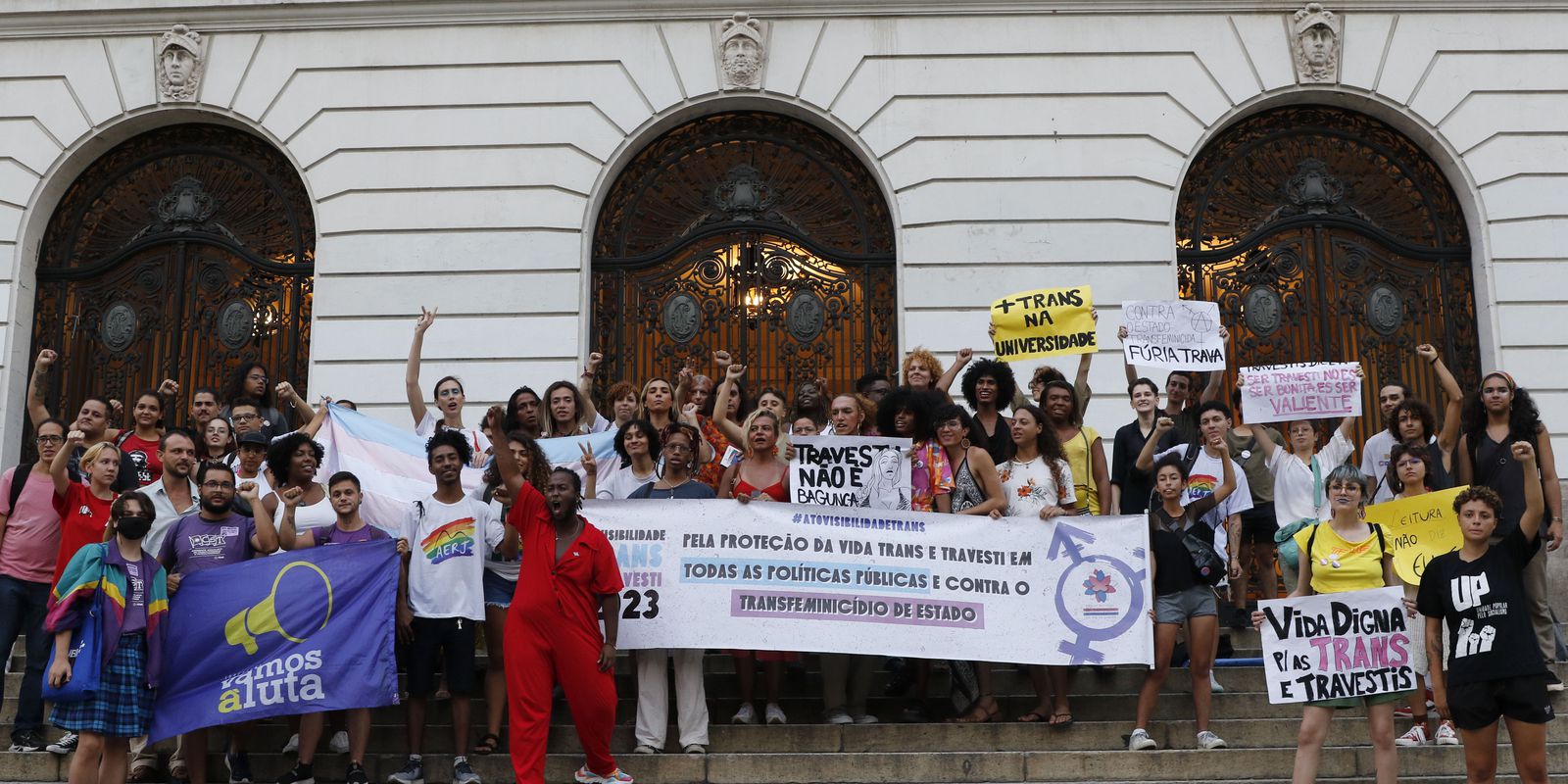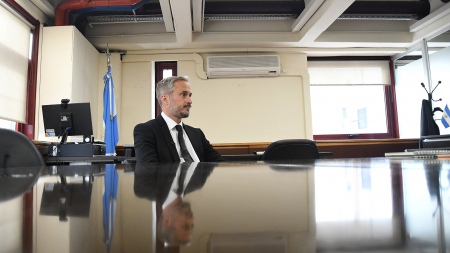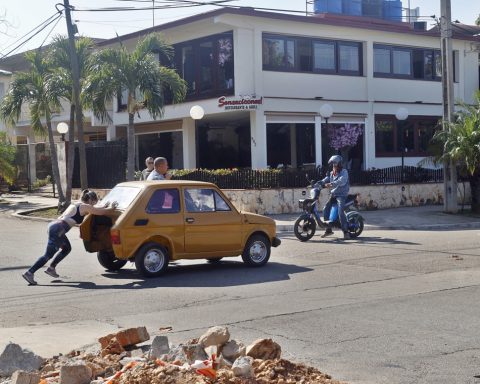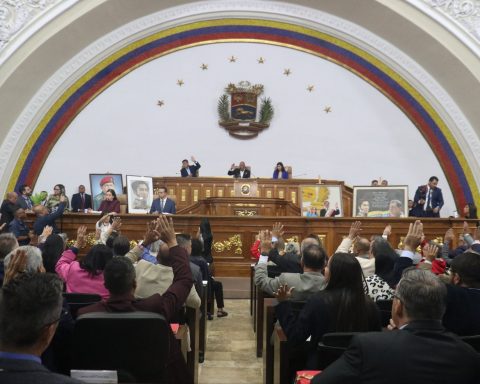“What kind of visibility are we talking about?” asks psychologist Jaqueline Gomes de Jesus, a black trans woman, as soon as she is asked about the topic in an interview with Brazil Agency. This Sunday (29), Trans Visibility Day, researcher from the National School of Public Health Sérgio Arouca, from the Oswaldo Cruz Foundation (ENSP/Fiocruz), warns that transphobia and violence are a reality that needs to be exposed, but that the Mental health promotion requires that society and the trans population’s view of themselves be encouraged to go beyond denouncing an imminent risk of suffering violence, lack of access to the job market and low life expectancy.
“In Brazil, trans visibility has been heavily based on data on lethal violence. People often know the reality of the trans population only through this lens of ‘we are from the country that kills the most trans people in the world’, in absolute terms . This is the image that remains”, says the researcher, who assesses that this impacts public policy and the production of knowledge about the trans population.
“Usually, public policies and how the trans population is thought are reduced to data like this, or data on precarious work. They are facts. But what does it mean to just reproduce these facts?”
In Brazil, the researcher coordinates the global study SMILE (Mental Health of Sexual and Gender Minorities), which investigates the health of the LGBTQIA+ population in low- and middle-income countries and focuses on data from Brazil, Kenya and Vietnam. In addition, Jaqueline chairs the Brazilian Association of Trans-Homoculture Studies and is also a psychology professor at the Federal Institute of Rio de Janeiro (IFRJ). She warns that the single view of the trans population as victims of violence and exclusion has a severe impact on mental health.
“This constant news of violence and murder and the limitation of life expectancy for trans people, especially among young people, this has a direct impact on suicidality, exposure to risk, and also on other factors such as anxiety”, he explains. “It is important that we create conditions for the trans population to be seen and also to see themselves in a more positive way, with the expectation of getting out of this condition of exposure to the risk of violence and transphobia. And not just that it is visible in this condition”, he defends.
Jaqueline Gomes de Jesus reinforces that this change of focus does not mean hiding the serious reality of violence of which trans people are victims, but rather recognizing the trans population in its plurality and power, creating conditions for it to be visible in other ways .
“It’s taking reality as a given, but creating conditions of visibility so that trans people can see themselves in powerful, transforming places, and can occupy these places and be seen in society in these places. This is what will create mental health for the trans population in our culture.”
This shift requires effective conditions for the trans population to access communication, justice, health and other spaces, not just as users, but as professionals and producers of this knowledge, says the psychologist. She advocates that there be affirmative action for hiring trans people in the public and private sector, and also for access to spaces for training and knowledge production.
“How many trans people do we have in the press and in the media in general producing content as a journalist? As communicators? Are we creating affirmative action to have more trans researchers? Are our judges, lawyers and doctors trans people too? beyond.”
The date chosen to celebrate Trans Visibility Day, January 29, refers to the mobilization that took place in 2004 in the Chamber of Deputies, for the campaign “Transvestite and Respect”, which led to an unprecedented act of transgender people in the National Congress. The central agenda at the time was precisely the promotion of health.
depression and anxiety
Research with LGBTQIA+ populations from different countries allows Jaqueline Gomes de Jesus to see transphobia as a constant contributing factor to cases of post-traumatic stress, depression, anxiety and suicide. But each country presents a different reality, in which mental disorders that are already more prevalent in the general population or in specific groups are reinforced in the case of transsexuals.
“In the trans population, we see high rates of suicidality, with idealization, planning and even execution of suicide cases mainly among trans men, and, particularly, black men. And this converges that in Brazil, black men are also the ones who try the most kill yourself. There are convergences in terms of gender and cultural contexts.”
The study conducted five years ago by the group of which the Brazilian psychologist is part seeks to produce evidence for treatments focused on the LGBTQIA+ population. The job is to recognize specific mental health conditions of this population and propose new approaches.
“There is a lack of mental health treatment based on data from each culture for issues such as depression, sadness, anxiety, alcoholism and various issues that affect the LGBT population. And then we take the data to be able to think about each group in detail.”
Fortification
The covid-19 pandemic was a period of worsening mental health issues in many population groups, and psychologist Marcelle Esteves, advisor and health coordinator at Grupo Arco-Íris, saw firsthand that the trans population experienced specific pain. The non-governmental organization provided psychological assistance to 2,530 people during the pandemic, including 884 trans people.
“There were moments when only those who were looking straight ahead and could hear it know the pain of many trans people who even needed to return to the spaces they had already left, return to their families. And many people needed to deconstruct themselves as trans to be able to remain these spaces and have food and a place to live. It was a violent period.”
The psychologist, a black and cisgender woman, describes the “new normal” to which society has returned after the most acute periods of the pandemic as an “old abnormal”. “I don’t know who it’s new for. For the LGBT population, for the black population, there’s nothing new. Nothing that these populations went through in the pandemic was new for them. hard“, she says. “We still see and will see for a while the consequences of this period in which many people experienced loneliness.”
Marcelle Esteves sees a complete convergence between trans visibility and mental health promotion, especially after the pandemic. The psychologist says that visibility is also a form of mental strengthening for a population that often does not have family support and suffers discrimination in spaces such as education. “Giving intersectional visibility to the trans population is also guaranteeing a health process as a whole and full citizenship for this population”, she says. “If I don’t see myself, I don’t recognize myself. Your identification and recognition process is part of how you look at yourself in the world, how you perceive yourself and realize that there are other people just like you. If I don’t see myself and I don’t I recognize myself, I don’t exist, I’m not. There is still a lack of visibility in the sense of belonging.”


















